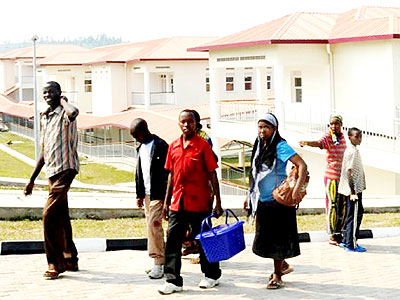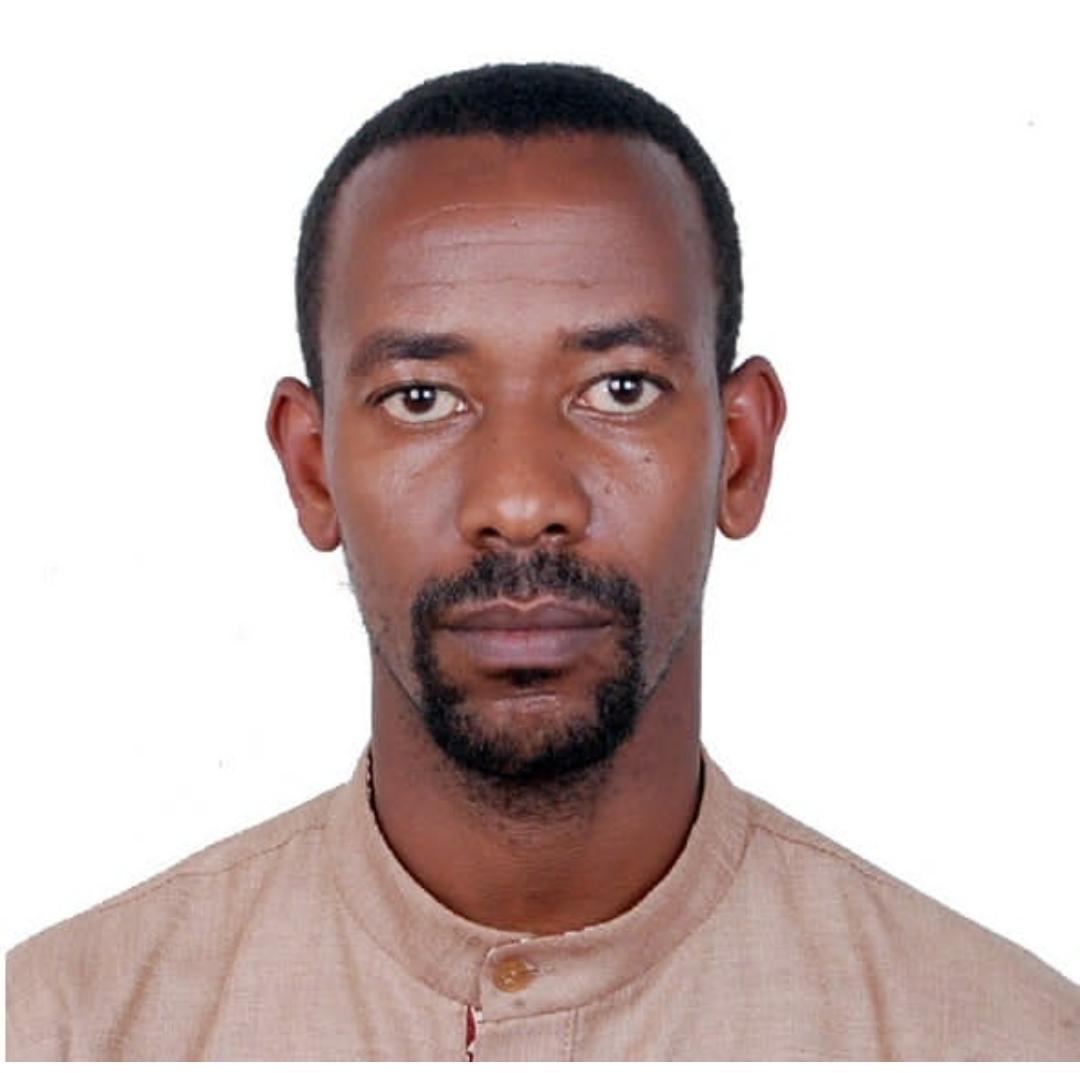Lawmakers have called for debt recovery mechanisms for public hospitals to reverse a growing trend where the institutions lose millions of francs to indigent patients or those with huge bills.


Lawmakers have called for debt recovery mechanisms for public hospitals to reverse a growing trend where the institutions lose millions of francs to indigent patients or those with huge bills.
Members of the Parliament’s Public Accounts Committee (PAC) raised the issue this week as directors of Kigali University Teaching Hospital (Chuk) and King Faisal Hospital appeared before the MPs to explain anomalies highlighted in the 2011/2012 Auditor General’s report.
Dr Theobald Hategekimana, the Chuk director-general, told PAC that the hospital has been faced with the problem of treating patients from the informal sector who cannot afford to raise medical charges.
"Cases such as accident victims brought by Police. Most of the victims usually do not have a physical address for us to trace them,” Dr Hategekimana said.
There are also unattended patients who die in hospitals with big unpaid bills, the MPs heard.
Dr Hategekimana said other cases involve those with insurance cover who cannot raise the required percentage.
"If a patient has a complicated case and the treatment costs Rwf1 million, if this patient has insurance, they would be required to pay 10 per cent. Not many Rwandans can afford to part with Rwf100,000 for treatment.”
Chuk wrote to all mayors in the country informing them about nationals with outstanding debts but only one responded.
The Auditor-General’s report said the hospital lost about Rwf103 million in such unpaid dues in the reporting period.
Dr Emille Rwamasirabo, the King Faisal Hospital chief executive, said: "Our case involves both individuals and corporate insurance companies that didn’t clear their dues. This has resulted into huge losses.”
The Auditor-General’s report indicated that King Faisal had lost about Rwf1 billion in bills.
PAC Chairperson Juvenal Nkusi asked government to intervene in rescuing hospitals from incurring such loses.
"This is a major problem that cuts across all hospitals. The government should come up with a debt recovery mechanism to deal with this problem,” said Nkusi.
MP Theogene Munyangeyo proposed setting up a national database to track defaulters.
"We can easily locate everyone and this is possible since every Rwandan has a digital ID. This would help in dealing with other financial debts such as in the education system,” he said.
Auditor-General Obadiah Biraho, who attends PAC hearings, said the debts have an impact on the operations of the hospital since they run low on finances.
He proposed that before a debt recovery mechanism is considered, officials should first identify defaulters who can pay their debts so that the amount to be recovered is known.


